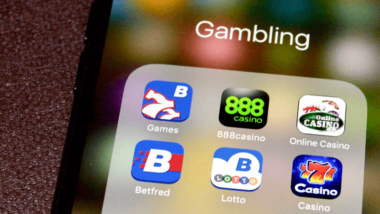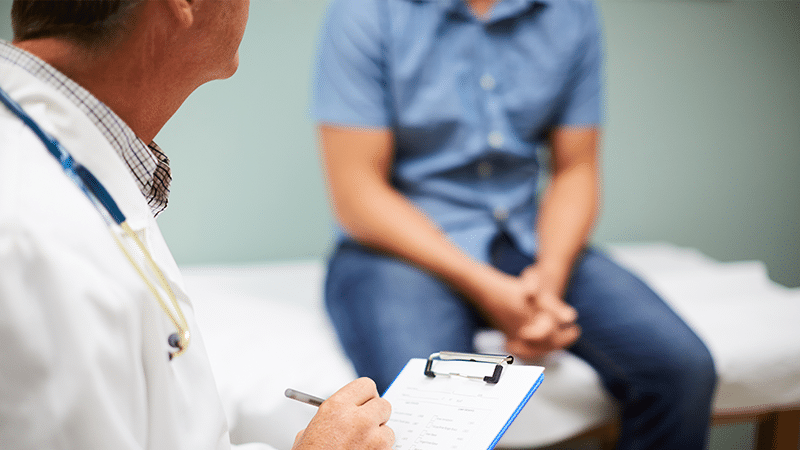GPs have been advised to routinely ask patients about gambling, in addition to standard questions about smoking and alcohol.
The National Institute for Health and Care Excellence’s (NICE) ‘Gambling-related harms: identification, assessment and management’ sets out recommendations to better identify those at risk from the damage caused by betting.
Under the guidelines, health professionals are encouraged to ask direct questions such as “Do you gamble?” in regular appointments such as health checks and in cases of “increased risk” such as mental health issues, financial concerns or drug use.
‘Massive impact’
NICE warned that gambling-related harm is an “increasing problem” following the “advent of online gambling and the ease of access to addictive gambling products”, but health and social care services do not routinely check for gambling addiction and most people refer themselves for support.
Instead, the watchdog emphasised that medics and social care practitioners should screen for early signs and direct patients to gambling clinics, self-exclusion software and social support.
Primary Care Medical Director for NHS England Dr Claire Fuller stated: “We welcome NICE’s decision, as gambling can have a massive impact on people’s lives and the lives of the people that care for them, – and as healthcare professionals, we need the right tools to help tackle gambling-related harms.”
NHS
In July 2024, the Institute, which has been campaigning on the issue for over two decades, advised Culture Secretary Lisa Nandy of three areas where quick effective action could be taken to combat gambling: advertising, child protection, and online stakes.
In November, the Government announced measures including a limit to online slots stakes and a £100 million statutory levy on operators to fund research, prevention and treatment.
The Department for Culture, Media and Sport said that online slots will be set at £2 per spin for adults under 25 and £5 per spin for those aged over 25. This reflects evidence which shows that young adults can be particularly vulnerable to the dangers of gambling.
All operators who hold a Gambling Commission licence will also be required to pay a fee ranging from 1.1 per cent to 0.1 per cent of its Gross Gambling Yield or the equivalent. It is expected to generate £100 million, half of which will go directly to the NHS.

Veterans’ charity manager defrauds £68k to fund gambling addiction
Govt urged to tackle gambling ads to protect ‘millions from harm’

